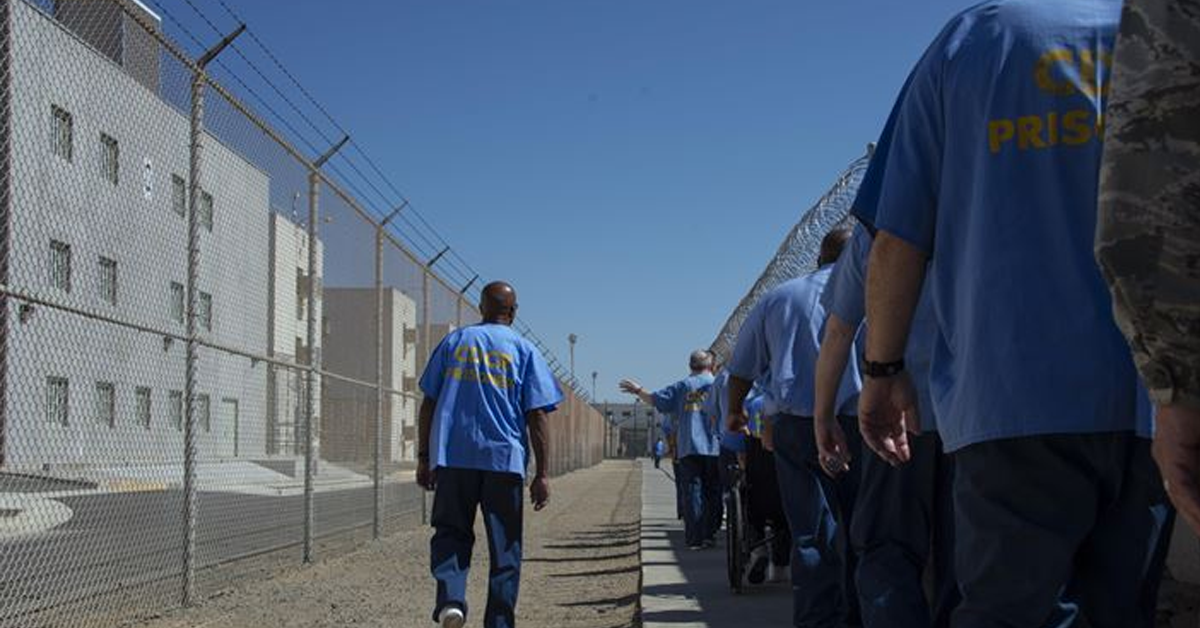As President Joe Biden pursues a sweeping $2 trillion infrastructure bill, the San Joaquin Valley is reflecting a wide spectrum of support and opposition to elements of the bill, as California struggles outdated and crumbling roads and bridges.
Congressman Josh Harder (D–Turlock) has applauded Biden’s effort, saying it will provide more jobs for the Central Valley.
“We have 119 structurally deficient bridges in our community, one so broken that school buses aren’t allowed to drive over it,” said Harder in a statement. “Our roads have been rated poor and very poor for years and our cities report tens of millions of dollars in projects that they just can’t fund. In the wealthiest country on Earth, we should be investing in our communities and creating jobs for the future.”
Along with Harder, Congressman Jim Costa (D – Fresno) went on KSEE 24’s “Sunday Morning Matters” last week and said he has been pushing for an infrastructure package since he was first elected back in 2004.
“We need it. We’re living off the investments our parents and grandparents made a generation and two ago. We rank 13th in the world in terms of our investments in our infrastructure. I hope, like the president does, that we’ll get bipartisan support for this package,” Costa said.
“But if our Republican friends choose not to, we must go ahead. This is a time in our nation’s history when we’ve got to invest for the future and regain our competitive edge.”
Even though all the details of the package have not been hammered out yet, it looks like it could play savior for California’s over-budget and behind-schedule High-Speed Rail project.
“The president has indicated that there must be a portion in this overall transportation infrastructure for High-Speed Rail. He’s enthusiastic about it,” Costa said.
Meanwhile, opposition has sprung up in a variety of places both locally and nationally.
Rep. David Valadao (R–Hanford) drew his own red line on the infrastructure bill, saying the project’s ballooning costs and slogging progress for the scaled-down, Merced-to-Bakersfield stretch was a waste of taxpayer funds.
Opponents of the Biden infrastructure package are pointing to a recent study from the National Association of Manufacturers that reports tax increases similar to what has been proposed in Biden’s plan could lead to a loss of one million jobs over two years.
Over the next decade, the study projects there to be a job loss totaling 600,000 annually.
The GDP would decrease by $117 billion in two years, $190 billion in 2026 and $119 billion in 2031.
Investments in equipment and structures would be $80 billion less in 2023, $83 billion less in 2026 and $66 billion less in 2031.
The study also found that wages would decline by 0.6 percent over the next decade.










